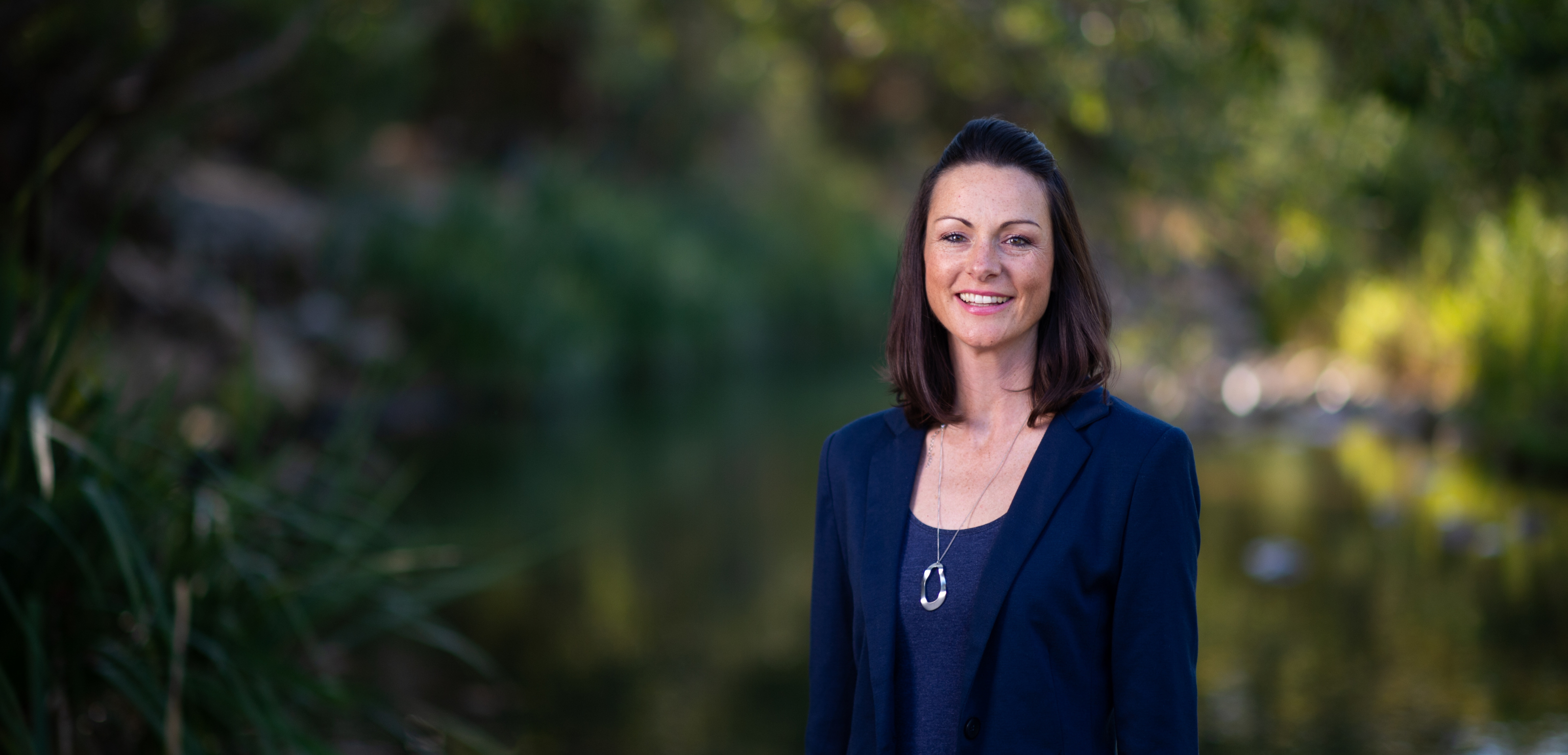By Keri-Leigh Paschal
Learning how to navigate cultural and socio-economic differences has become a way of life for South Africans. It’s something that we have had to figure out by trial and error, often through raw and vulnerable conversations. We have often gotten it wrong, and unfortunately, still do sometimes. Divisive social norms, real and perceived biases, stereotypes and just plain ignorance have left many people feeling silenced, undervalued, hurt, or fearful.
The depth of dignity
There is still a large socio-economic divide and as people with resources, influence, and education, many of us feel a responsibility to address the needs that we see around us. With the best intentions, we use all of who we are and our life context (often in consultation with other well-educated and resourced individuals) to find solutions that we can execute on to solve the needs we see. We should also consider, however, whether the way we solve problems is truly dignifying to all concerned.
Having worked for 10 years in the intersection between business and social development, I have seen that there is an indisputable joy that one experiences in the act of generosity. It is often said that the giver is just as, if not more, blessed than the receiver. In this Kingdom truth, we sometimes miss a crucial element of generosity – the building up or restoring dignity.
I have seen many acts of generosity that come from a genuine desire to problem-solve, widen the divide that it was supposed to close. I increasingly find myself asking: did that act of generosity show, in word and deed, that the people supported have value? Did these same people have actual influence over the solution to their problem, or were solutions handed to them with an expectation of gratitude?
Do we as Christians know how to restore and build dignity? Or do we, more often than we are aware of, deny dignity through our acts of generosity and problem solving?
Dignity is a wonderful word that we often use, but what does it actually mean? It comes from a Latin word dignitas, which means worthiness, which in turn means to be of value. We can, therefore, summate that dignity is the bestowing of value on oneself and others. Genesis 27 says, ‘So God created mankind in his own image, in the image of God he created them; male and female he created them.’
If we are all created in God’s image, we all have inherent value and the same value as one another – image bearers of God. Why then do we have such inequality and injustice in our world?
The fall
The fall, in Genesis 3, skewed this understanding of great value, and mankind formed its own constructs of value, assigning greater and lesser value to people based on man-made paradigms. Value became a commodity that is gained through money, resources, power and education.
This view of value has shaped societies, worldviews and world politics since the fall, and as children of our time, we have not escaped its impact.
Gold in unexpected places
By consulting and understanding the perspective of all role players in a project, we can unlock a depth of understanding of the problem and community dynamics that would not have been otherwise possible. When a community’s internal assets and understanding are paired with supplementary skills and technology of well-resourced people, far greater and more sustainable solutions can be achieved.
This is where the real gold is found…the gold that shines from the inside out. When people have played a pivotal role in collaborating alongside the ‘most valuable people’ (according to the skewed perspective of society) to solve their own community or family problems, dignity is restored. This is the secret to true joy in generosity.
What would it look like if we all consulted the people ‘less valuable’ (again, according to the skewed perspective of the world) to truly understand their actual and not an assumed need? What would it look like to brainstorm solutions together with people who have lower formal education levels and a scarcity of resources, yet hold an abundance of community connection and resourcefulness?
The world is catching on
Reading the Harvard Business Review or any other business publication, it is clear that the rest of the world has started to catch on to the fact that valuing a diversity of thought and experience in a room is key to finding superior solutions to client needs, social and environmental challenges and even in-house business challenges.
The challenge I put to myself and other people of worldly power is to truly value the people around you through your words and actions. At work, at home, in your neighbourhood and towns and even foreign nations we send aid to. I believe that we should never stop being curious and teachable, seeing every encounter as a learning opportunity.
I have experienced that undeniable joy that comes from valuing people enough to seek their input and contribution in big and small matters.
May we as Christian business leaders, claim back the essence of unity and collaboration as a Christ-centred people and show the world the beauty inherent in every person when people are treated and valued as true image-bearers of Christ. In unity God commands a blessing and advances His Kingdom. May we be a part of advancing His Kingdom here on earth.
‘Many who cared deeply about the poor didn’t think about how the systems, structures, and cultures of our industries might actually be contributing to the fractures in our culture.’ Timothy Keller’s Every Good Endeavor
Keri-Leigh Paschal is the executive trustee and co-founder of the Nation Builder Trust, a Mergon Group initiative. Keri joined the Mergon Group in 2011 and the Nation Builder Trust was officially launched in 2012. Nation Builder inspires and equips the business community in South Africa to lead social change.
This article was first published by the Christian Economic Forum.
All rights reserved. Copyright 2018 Mergon Group.
